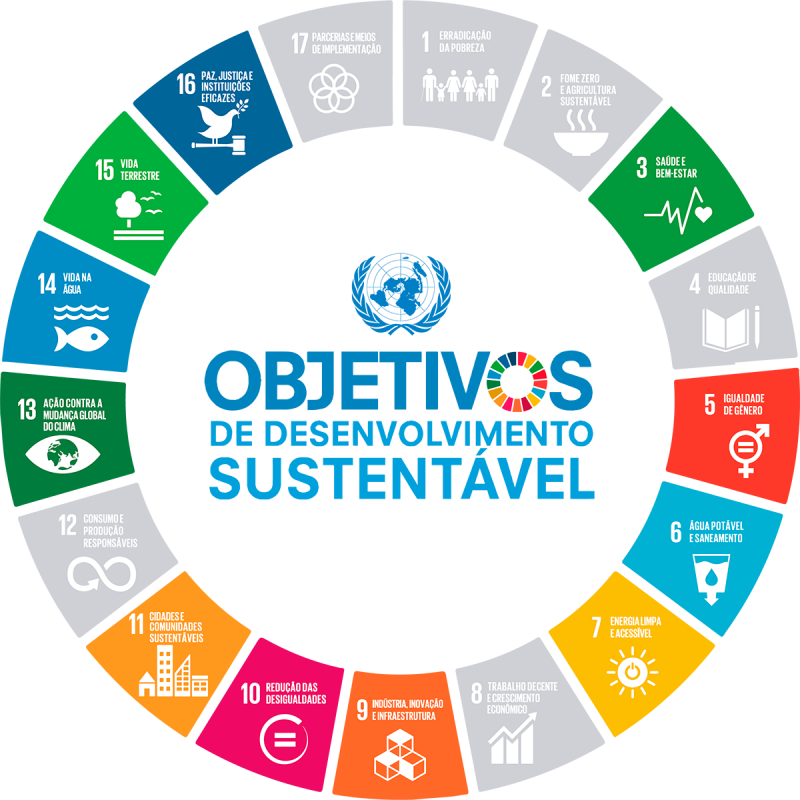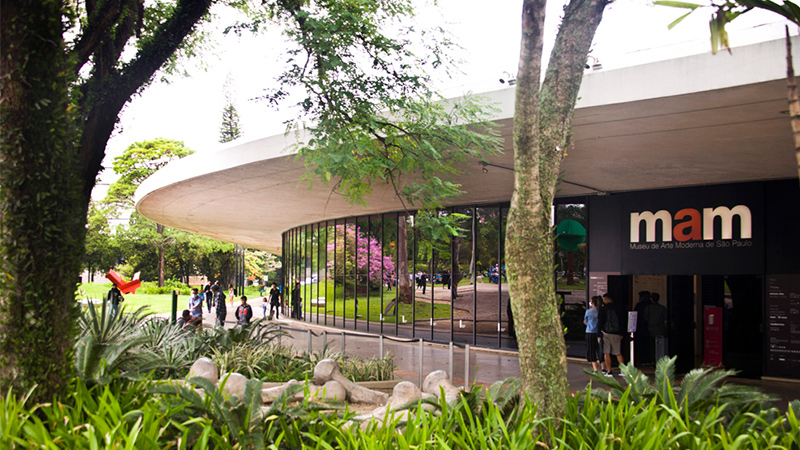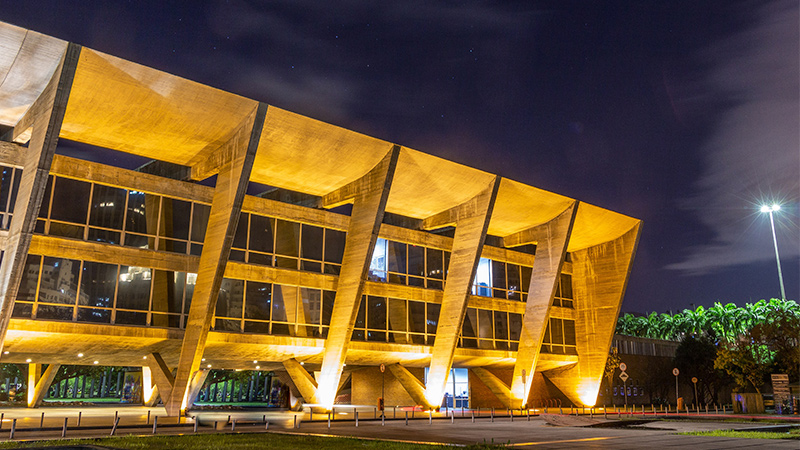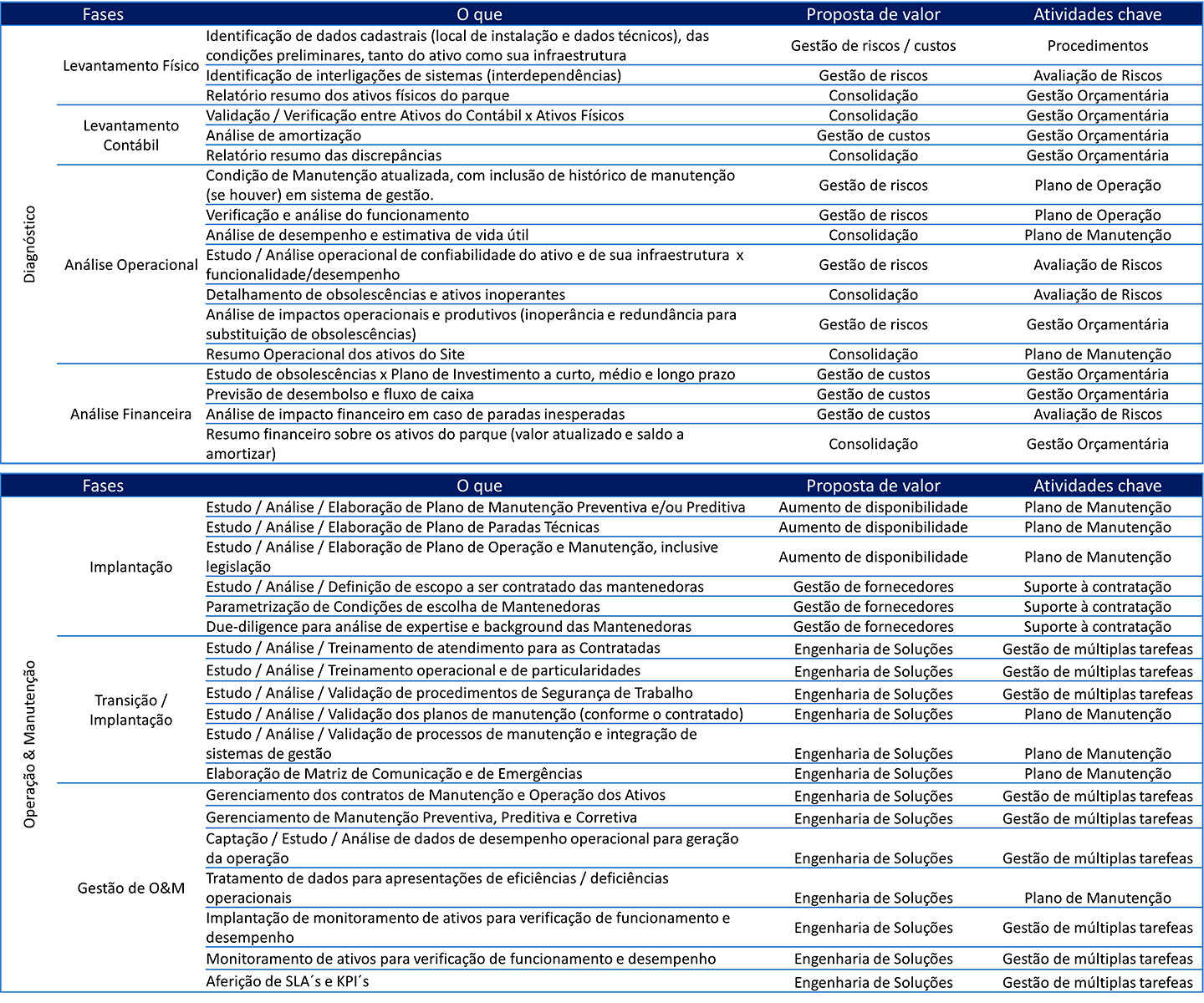Our
ESG
Commitments
ESG
Context
Sustainability involves the practice of actions to meet the needs of the present without compromising future generations, promoting the balance between three pillars: the environment, social impact and the economy.
Translated by the acronym ESG (Environmental, Social, Governance), these actions are today a pressing need for companies. The concept needs to be understood and incorporated into organizations that hope to maintain their competitiveness and alignment with their employees, customers and the market. ESG is more than a quality seal of a corporation.And it needs to be based on transparent and inclusive initiatives that permeate the organization, its services and its activities.
The concern for a more sustainable future was consolidated in the UN 2030 Agenda with the 17 Sustainable Development Goals – SDGs.
Concremat and a Sustainable Infrastructure
Engineering plays a vital role in addressing basic human needs, contributing to improving quality of life and creating opportunities for sustainable growth at local, national, regional and global levels. The United Nations Sustainable Development Report (UN, 2019) recognised the importance of science and technology, including engineering, in promoting sustainable development, especially in cities, to meet the 2030 Agenda (CEBDS, 2020).
Over the past few decades, Concremat has encouraged sustainability initiatives that reflect the commitment to the changes needed to achieve the 2030 Agenda objectives.
Our founder, Professor Mauro Ribeiro Viegas, was one of the first executives in the infrastructure sector to insist on the environmental agenda, actively acting for the constitution, in 1996, of one of the first basin committees in Brazil, the Paraíba do Sul River, with the objective of addressing water and social issues associated with economic activities originated from the uncontrolled and irregular use of water.

Concremat incorporates sustainability and SDGs into its value chain, products and services, curated by its Sustainability Committee.
Our sustainability actions are focused on:
– our products and services, for concremat’s entire portfolio;
– all areas of the company, through the adoption of practices, processes and routines that promote sustainability.
CONCREMAT´s
SDGs
These SDGs are are the most adherent to concremat’s operation and that are part of our way of being. These SDGs are included in our Materiality Matrix and incorporated into the services and solutions for the infrastructure and construction market at all stages of the project, including planning, strategic assessments, licensing and environmental management, engineering projects, construction management and construction and operation of enterprises.
Materiality
Matrix
Our Materiality Matrix determines which social, environmental and governance themes are most important to the company and stakeholders.
Concremat’s Materiality Matrix includes seven themes – which excel in adherence to our operation, guide actions and sustainability management in the company and contribute to the 2030 Agenda.
Economic-financial performance, customer satisfaction and judicious business expansion.
Investment in sustainable infrastructure projects and innovative and integrated engineering and management solutions.
Adoption of socio-environmental attributes (ESG) in products and services in order to contribute to the adaptation and mitigation of climate change.
Corporate governance, ethics and integrity.
Innovation, technology and digital transformation.
People management, diversity and inclusion.
Supply chain management.
Social
Responsibility
Concremat, through tax incentive laws aimed at culture, annually sponsors projects and initiatives focused on topics such as education, innovation, conscious consumption, sustainability and art practices and that act inclusively.
Since 2010 the choice of projects is made by the Cultural Sponsorship Committee, always based on the company’s guidelines and values. The committee is composed of the executive chairman, vice-presidents and representatives of the areas of Marketing, HR, QSMS and Compliance.



















